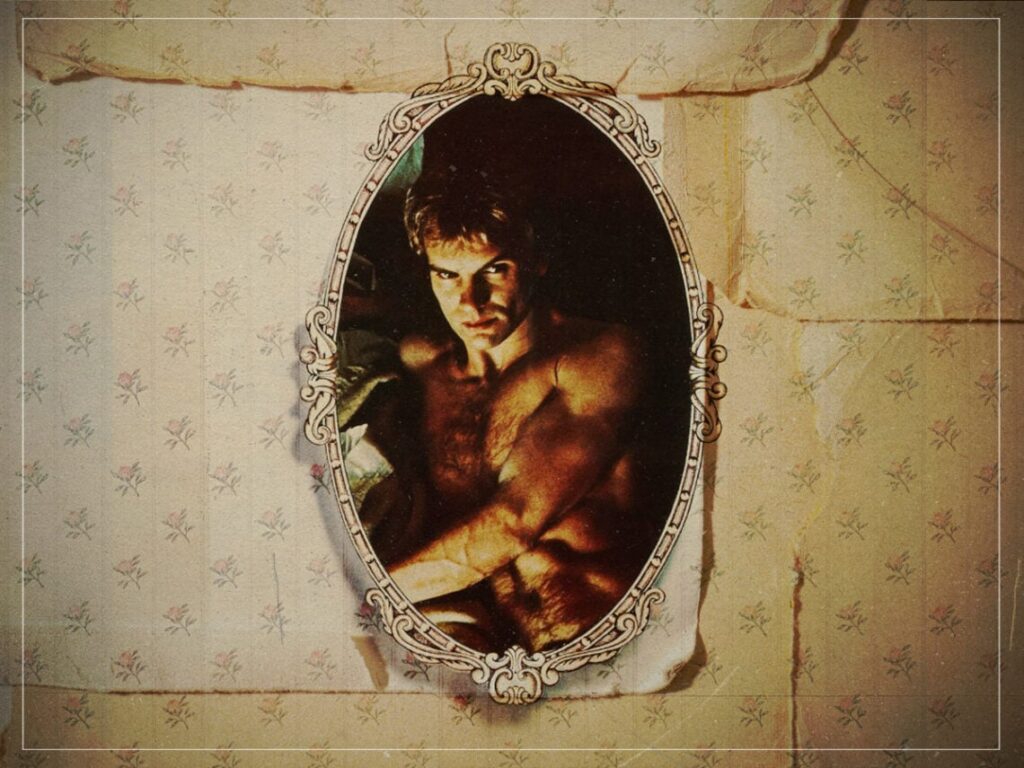‘Brimstone and Treacle’: the blasphemous movie nobody was allowed to see for over a decade
 Posted On
Posted On
(Credits: Far Out / BBC)
There are few British writers as bold and controversial as Dennis Potter, the creator behind hit television shows such as The Singing Detective and Pennies From Heaven, as well as countless feature screenplays and plays. After studying at Oxford University, Potter began working for the BBC as a graduate trainee, making his start in documentary filmmaking before foraying into the world of screenwriting, described as having an obsessive approach towards his craft and being unable to put his pen down.
While his writing consumed him, it led to some of the most infamous pieces of work in the history of British television, writing political plays such as Stand Up, Nigel Barton and Vote, Vote, Vote, many of which were extremely controversial and sparked a long career in which he came to be known for this quality in his work. However, this was perhaps most prominent in his 1976 TV movie Brimstone and Treacle.
Potter’s work came to be known for its bleak surrealism, using musical sequences and fantasy flashbacks to exaggerate the darker elements of the story, something that David Lynch said he was inspired by and once said to have been in discussions to collaborate with Potter. However, this was intensely discussed and eventually rejected after the release of Brimstone and Treacle, which follows the Bates family as they care for their severely disabled daughter, Pattie. However, a mysterious man called Martin arrives at their door one day, claiming to be an old friend and convincing them to accept him as their lodger, leading to devastating consequences.
While many of his films explored taboo subject matter, audiences were outraged by Brimstone and Treacle due to the anti-religion messaging and a rape scene involving a quadriplegic character. Because of this, the movie was banned for over ten years by the BBC, with the project being shelved and not shown until 1987. It was initially released as a TV project before being properly developed into a feature film, with the original being slammed for its brutal subject matter.
The film was hidden because of the horrific narrative, with the BBC being concerned that it would be too offensive to those who were religious. While this element was certainly offensive, an aspect of the movie that audiences found more offensive was the sexual assault scene towards the end, with Alasdair Milne, the director of the BBC at the time, describing how the experience of watching this scene made him “almost physically sick” and that the story would be deemed as “repugnant” by viewers if it were to be screened.
Potter had a difficult upbringing himself, with the writer frequently exploring sexual abuse in his work after experiencing this as a child, creating a deeply uncomfortable and misanthropic tone in many of his screenplays, combining this with a political cynicism and satirical undertone that meant his work was often met with backlash.
While the writer was most famous for Pennies from Heaven and The Singing Detective, the ferocious misery of Brimstone and Treacle remains the most controversial piece in his body of work. The film’s banning is a testament to the unbridled danger that can be felt in his writing.
[embedded content]
Related Topics


